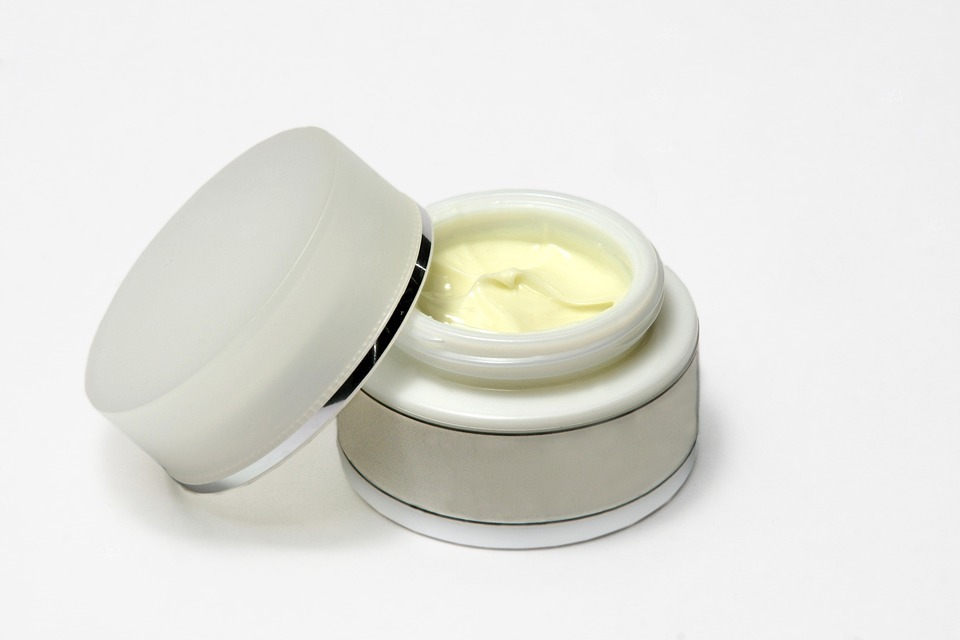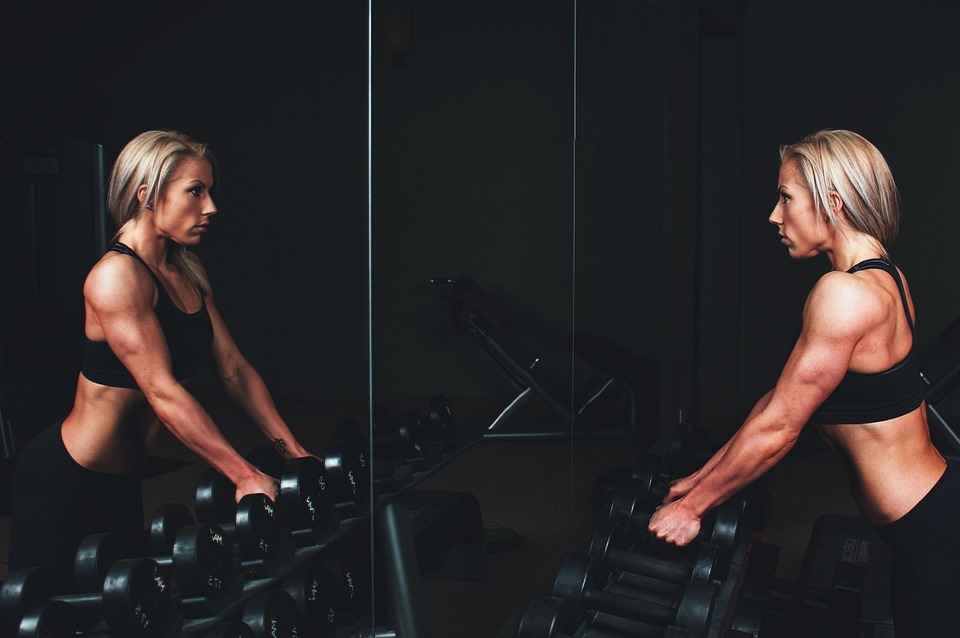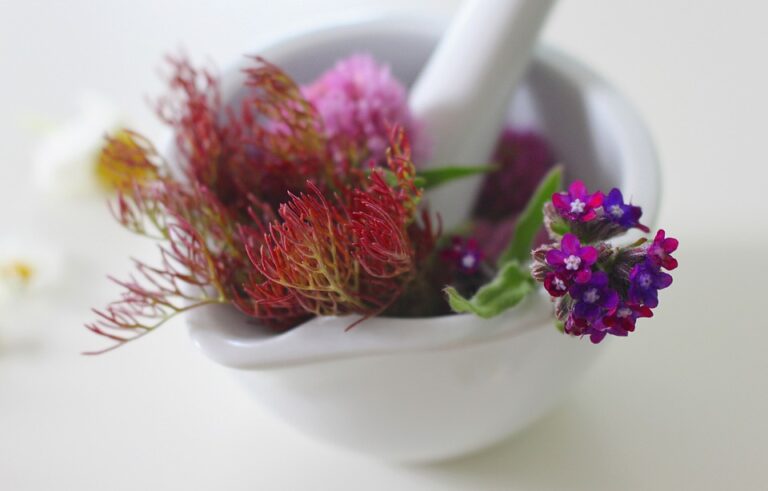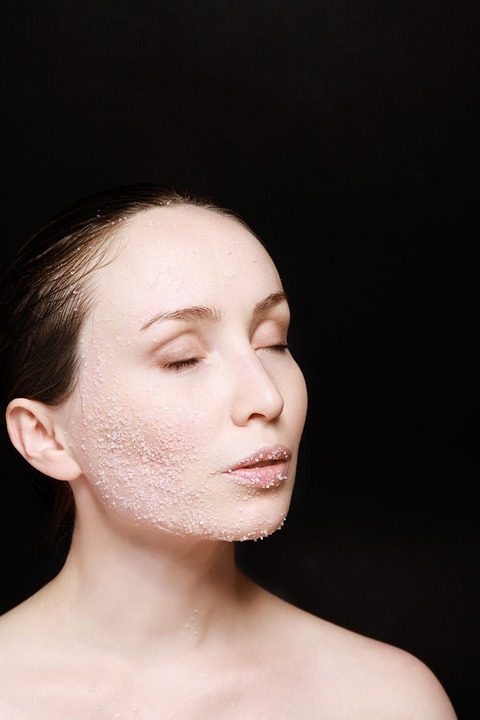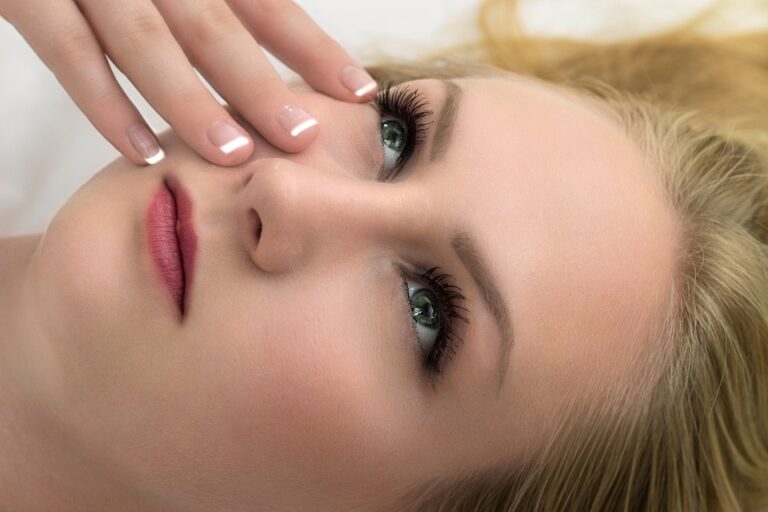Mastering the Shine: A Holistic Approach to Controlling Oily Skin
Do you struggle with oily skin that seems to make you shiny all day long? Are you tired of feeling like you have to constantly blot and powder your face just to keep the shine at bay? If so, you’re not alone. Oily skin can be a frustrating problem, but with the right approach, you can learn to manage it effectively.
In this article, we’ll explore a holistic approach to controlling oily skin. We’ll discuss the possible causes of oily skin, the importance of a consistent skincare routine, and some key tips to help you master the shine once and for all.
Understanding Oily Skin
Oily skin is the result of an overproduction of sebum, the skin’s natural oil. While some oil is necessary to keep the skin hydrated and protected, too much can lead to a shiny, greasy appearance. Oily skin is often caused by genetics, hormonal fluctuations, and environmental factors.
Key Facts about Oily Skin:
•Oily skin is the result of an overproduction of sebum, the skin’s natural oil.
•Sebum helps to keep the skin hydrated and protected, but too much can lead to a shiny appearance.
•Oily skin is often caused by genetics, hormonal fluctuations, and environmental factors.
Developing a Skincare Routine
One of the most important steps in controlling oily skin is developing a consistent skincare routine. This should include cleansing, toning, moisturizing, and exfoliating. Cleansing is essential for removing excess oil, dirt, and impurities from the skin. Toning helps to balance the skin’s pH levels, while moisturizing keeps the skin hydrated without adding excess oil. Exfoliating is important for removing dead skin cells and unclogging pores.
Key Tips for a Skincare Routine:
1. Choose gentle, oil-free cleansers that won’t strip the skin of its natural oils.
2. Use a toner with ingredients like witch hazel or salicylic acid to help control oil production.
3. Opt for lightweight, gel-based moisturizers that won’t clog pores.
4. Exfoliate regularly to remove dead skin cells and prevent breakouts.
5. Consider using a clay mask once a week to help absorb excess oil.
Diet and Lifestyle Factors
In addition to a good skincare routine, diet and lifestyle factors can also play a role in controlling oily skin. Eating a balanced diet rich in fruits, vegetables, whole grains, and lean proteins can help support healthy skin. Drinking plenty of water is also important for keeping the skin hydrated and preventing excess oil production.
Key Tips for Diet and Lifestyle Factors:
1. Eat a balanced diet rich in fruits, vegetables, whole grains, and lean proteins.
2. Drink at least eight glasses of water a day to stay hydrated.
3. Limit your intake of high-glycemic foods, which can trigger excess oil production.
4. Get regular exercise to promote healthy circulation and reduce stress.
5. Practice good stress management techniques, such as meditation or yoga, to prevent breakouts.
Natural Remedies
There are also several natural remedies that can help control oily skin. These include using ingredients like tea tree oil, witch hazel, and aloe vera. Tea tree oil has antibacterial properties that can help reduce acne breakouts, while witch hazel has astringent properties that can help control oil production. Aloe vera is soothing and hydrating, making it ideal for oily skin.
Key Tips for Natural Remedies:
1. Use a face wash or toner with tea tree oil to help reduce acne breakouts.
2. Apply witch hazel to your skin with a cotton ball to help control oil production.
3. Use aloe vera gel as a lightweight moisturizer to hydrate the skin without adding excess oil.
4. Create a DIY face mask with bentonite clay and apple cider vinegar to help absorb excess oil.
5. Use a mattifying primer before applying makeup to help control shine throughout the day.
Professional Treatments
If you’ve tried everything and still struggle with oily skin, it may be time to consider professional treatments. These can include chemical peels, microdermabrasion, and laser therapy. Chemical peels help to exfoliate the skin and unclog pores, while microdermabrasion removes dead skin cells and impurities. Laser therapy can target and reduce oil glands to help control oil production.
Key Facts about Professional Treatments:
•Chemical peels help to exfoliate the skin and unclog pores.
•Microdermabrasion removes dead skin cells and impurities.
•Laser therapy can target and reduce oil glands to help control oil production.
In conclusion, controlling oily skin is a multi-faceted task that requires a holistic approach. By developing a consistent skincare routine, adopting healthy diet and lifestyle habits, using natural remedies, and considering professional treatments, you can effectively manage oily skin and master the shine. Remember to be patient and persistent, as it may take some trial and error to find the right combination of treatments that works for you. With dedication and perseverance, you can achieve a clear, balanced complexion that shines in all the right ways.
